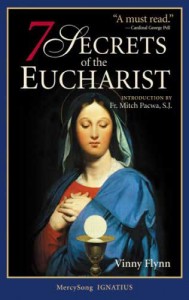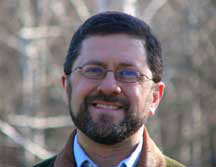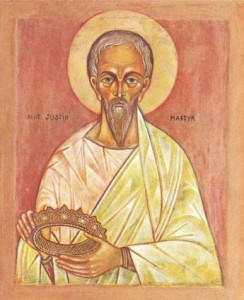Podcast: Play in new window | Download (25.4MB) | Embed
Subscribe: Apple Podcasts | Spotify | Amazon Music | Android | Pandora | iHeartRadio | JioSaavn | Podchaser | Gaana | Podcast Index | Email | TuneIn | Deezer | Anghami | RSS | More
Msgr. Esseff reflects on the need to be aware of Christ’s “presence”.
GospelLK 10:38-42
where a woman whose name was Martha welcomed him.
She had a sister named Mary
 who sat beside the Lord at his feet listening to him speak.
who sat beside the Lord at his feet listening to him speak.Martha, burdened with much serving, came to him and said,
“Lord, do you not care
that my sister has left me by myself to do the serving?
Tell her to help me.”
The Lord said to her in reply,
“Martha, Martha, you are anxious and worried about many things.
There is need of only one thing.
Mary has chosen the better part
and it will not be taken from her.”
Msgr. John A. Esseff is a Roman Catholic priest in the Diocese of Scranton. He was ordained on May 30th 1953, by the late Bishop William J. Hafey, D.D. at St. Peter’s Cathedral in Scranton, PA. Msgr. Esseff served a retreat director and confessor to Blessed Mother Teresa. He continues to offer direction and retreats for the sisters of the missionaries of charity around the world. Msgr. Esseff encountered St. Padre Pio, who would become a spiritual father to him. He has lived in areas around the world, serving in the Pontifical missions, a Catholic organization established by Bl. Pope John Paul II to bring the Good News to the world especially to the poor. Msgr. Esseff assisted the founders of the Institute for Priestly Formation and continues to serve as a spiritual director for the Institute. He continues to serve as a retreat leader and director to bishops, priests and sisters and seminarians and other religious leaders around the world.
To obtain a copy of Msgr. Esseff’s book by visiting here
Be sure to visit Msgr. Esseff’s website “Building a Kingdom of Love”



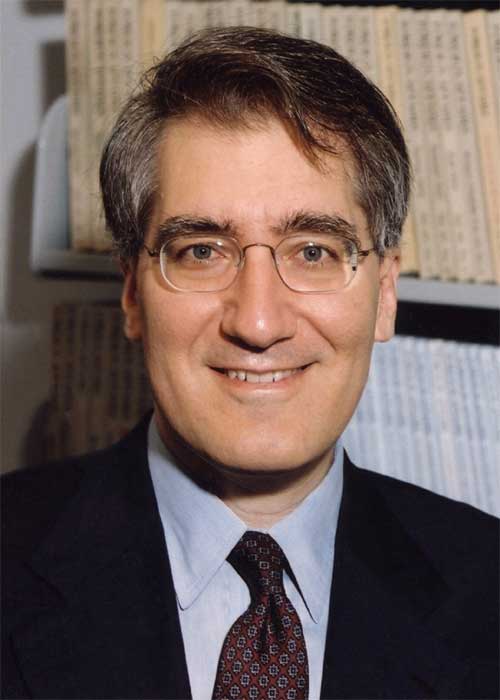 traditional morality. Dr. Robert George’s clarity and insight are indispensable for understanding where we have been, where we are going, and what paths we could be traveling down if we fail to act on the leading morality challenges facing as individuals and citizens. Pass by this book and its message at your own risk.
traditional morality. Dr. Robert George’s clarity and insight are indispensable for understanding where we have been, where we are going, and what paths we could be traveling down if we fail to act on the leading morality challenges facing as individuals and citizens. Pass by this book and its message at your own risk.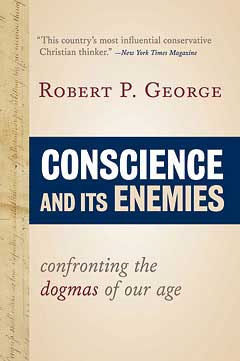




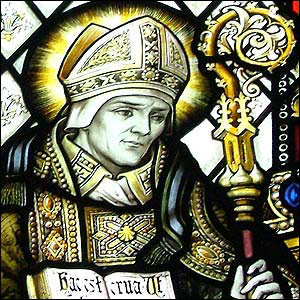
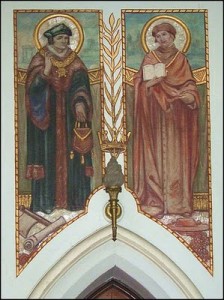
 would one day be diagnosed with Pancreatic cancer. He shares how Gayle came to be revered by so many for the depth of her courage against impossible odds, and her joy at saying to God, “I belong to you”. Gayle Merritt’s suffering, and victory in Christ is documented in emails sent to local parishioners to provide updates on her condition throughout her final months. A poignant work filled with hope, courage, joy and love.
would one day be diagnosed with Pancreatic cancer. He shares how Gayle came to be revered by so many for the depth of her courage against impossible odds, and her joy at saying to God, “I belong to you”. Gayle Merritt’s suffering, and victory in Christ is documented in emails sent to local parishioners to provide updates on her condition throughout her final months. A poignant work filled with hope, courage, joy and love.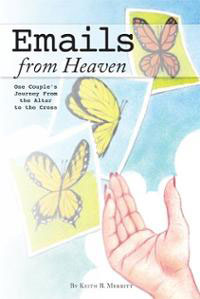


 Juliet” is a terrific read. Once again Jospeh Pearce helps us to see that the story we thought we knew is something very different when viewed with the Catholic Shakepeares len’s. Is Romeo a hero or a self indulgent cad? Is Juliet a free thinking woman or a relationship starved 13 year old victimized by an adult male predator? And how about those adults? Just look at what happens when Eros runs a muck, and virtue is replaced blindly in favor of vice! Let us not forget to mention the tragedy which occurs from bad parenting. Sexual desire and the gift of reason are explored in this compelling work by the prolific Pearce. Who would have thought a book about a 500 year old play would contain such important lessons for our lives today.
Juliet” is a terrific read. Once again Jospeh Pearce helps us to see that the story we thought we knew is something very different when viewed with the Catholic Shakepeares len’s. Is Romeo a hero or a self indulgent cad? Is Juliet a free thinking woman or a relationship starved 13 year old victimized by an adult male predator? And how about those adults? Just look at what happens when Eros runs a muck, and virtue is replaced blindly in favor of vice! Let us not forget to mention the tragedy which occurs from bad parenting. Sexual desire and the gift of reason are explored in this compelling work by the prolific Pearce. Who would have thought a book about a 500 year old play would contain such important lessons for our lives today.

